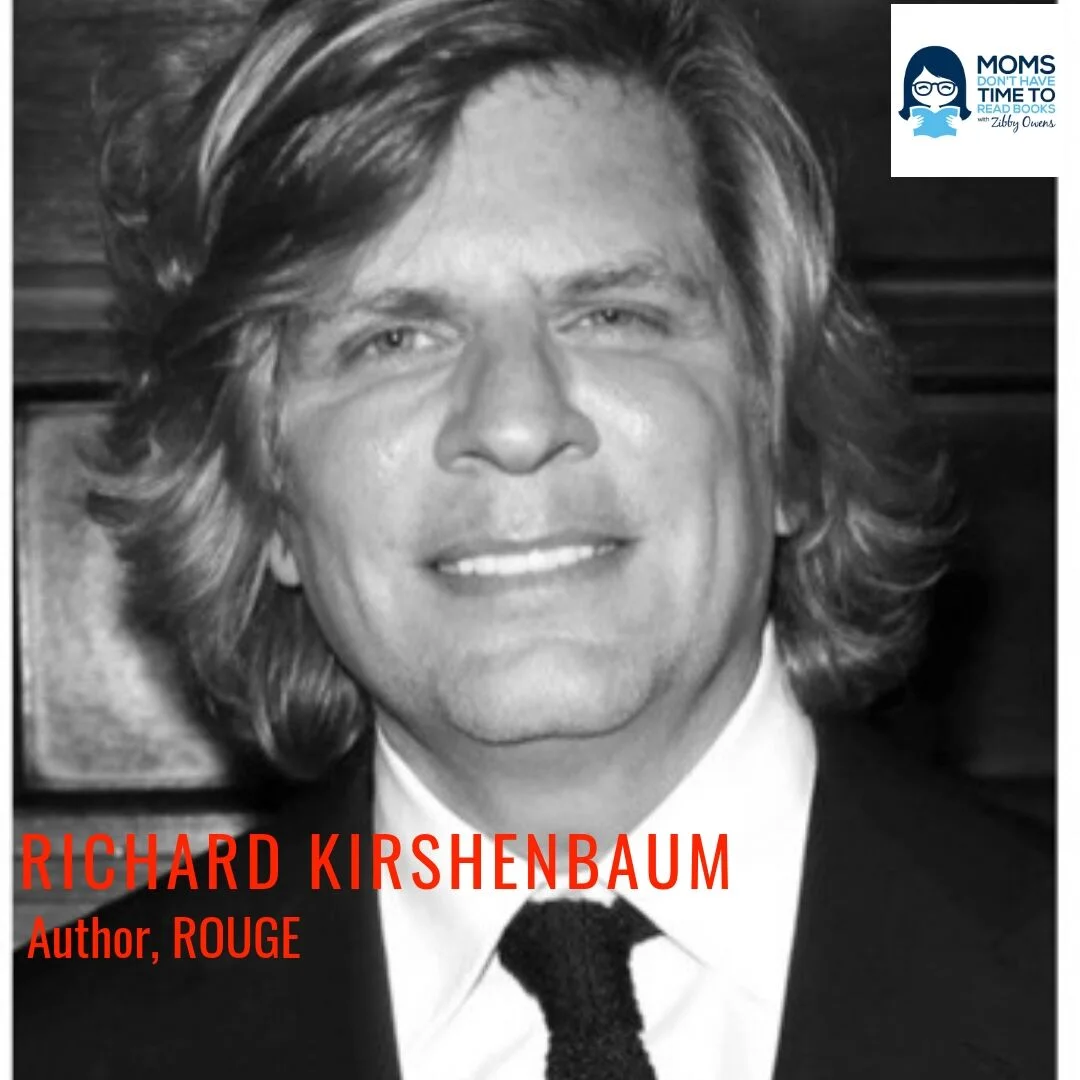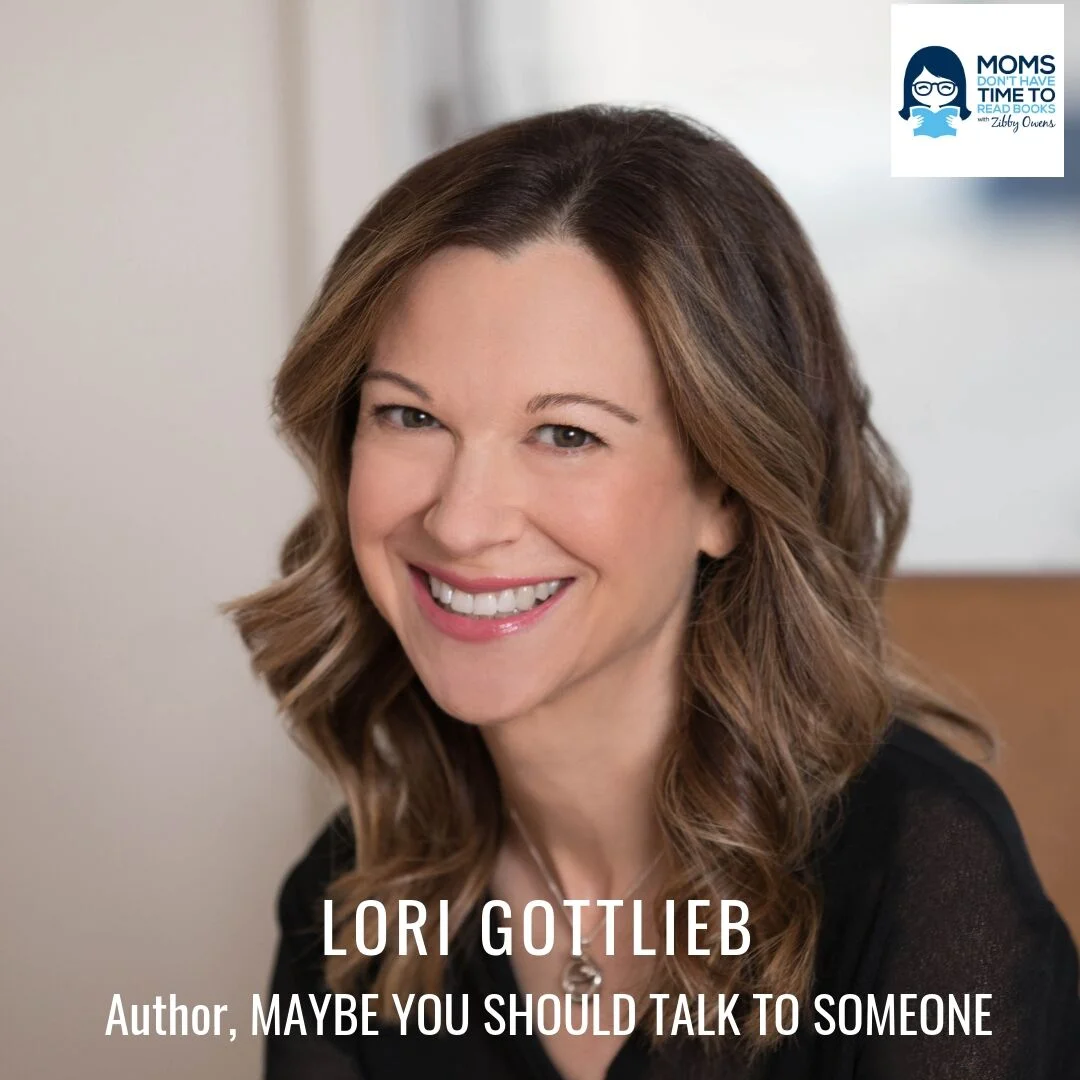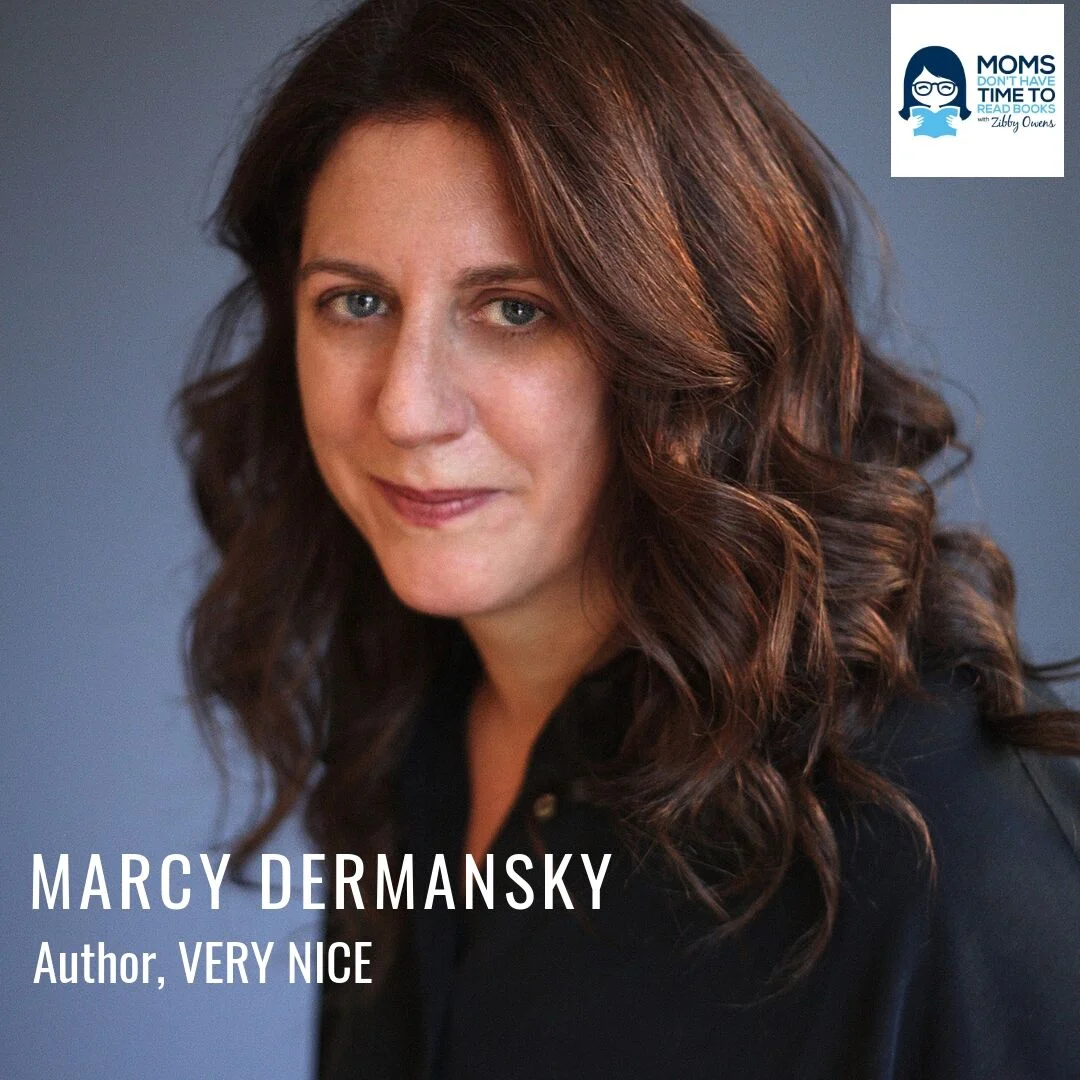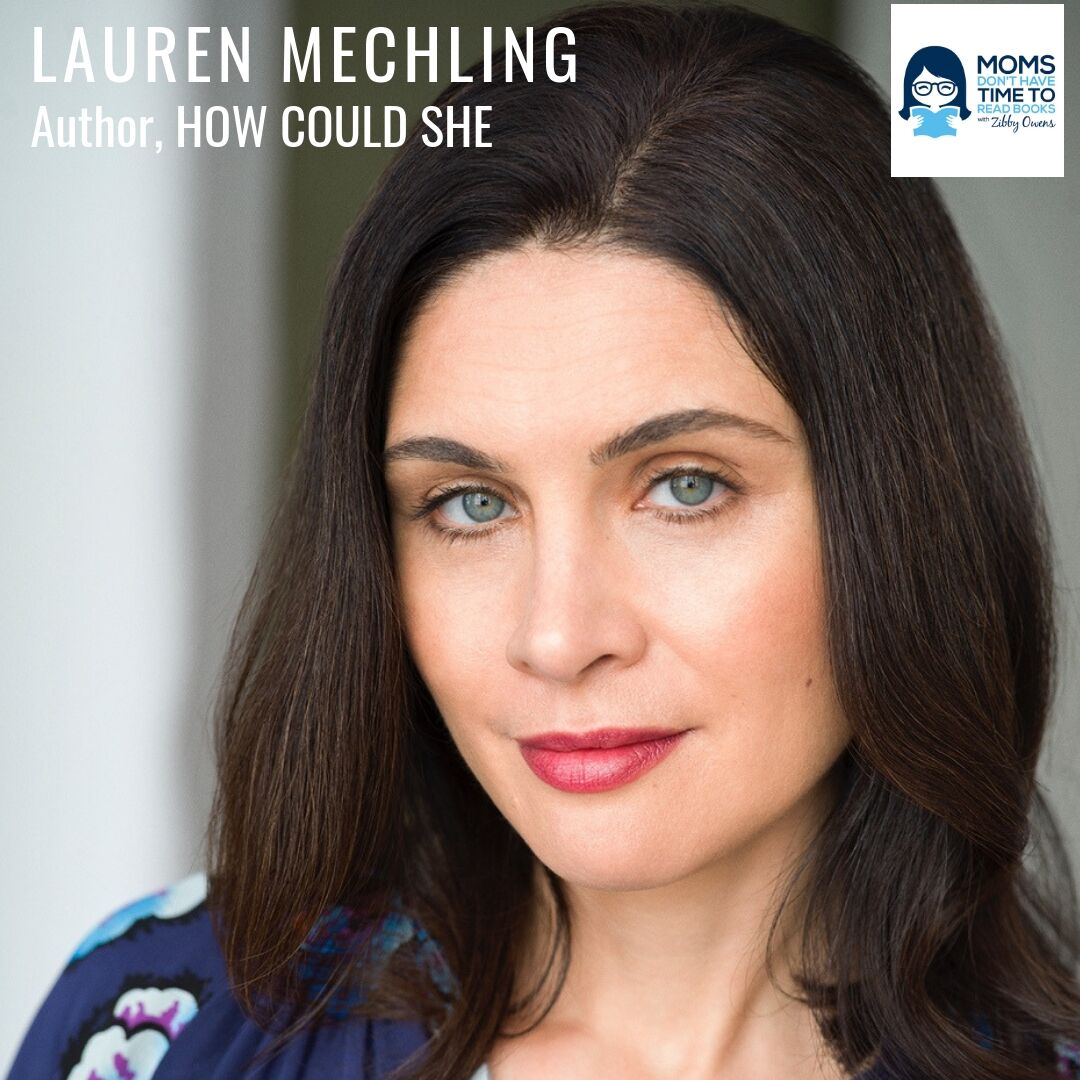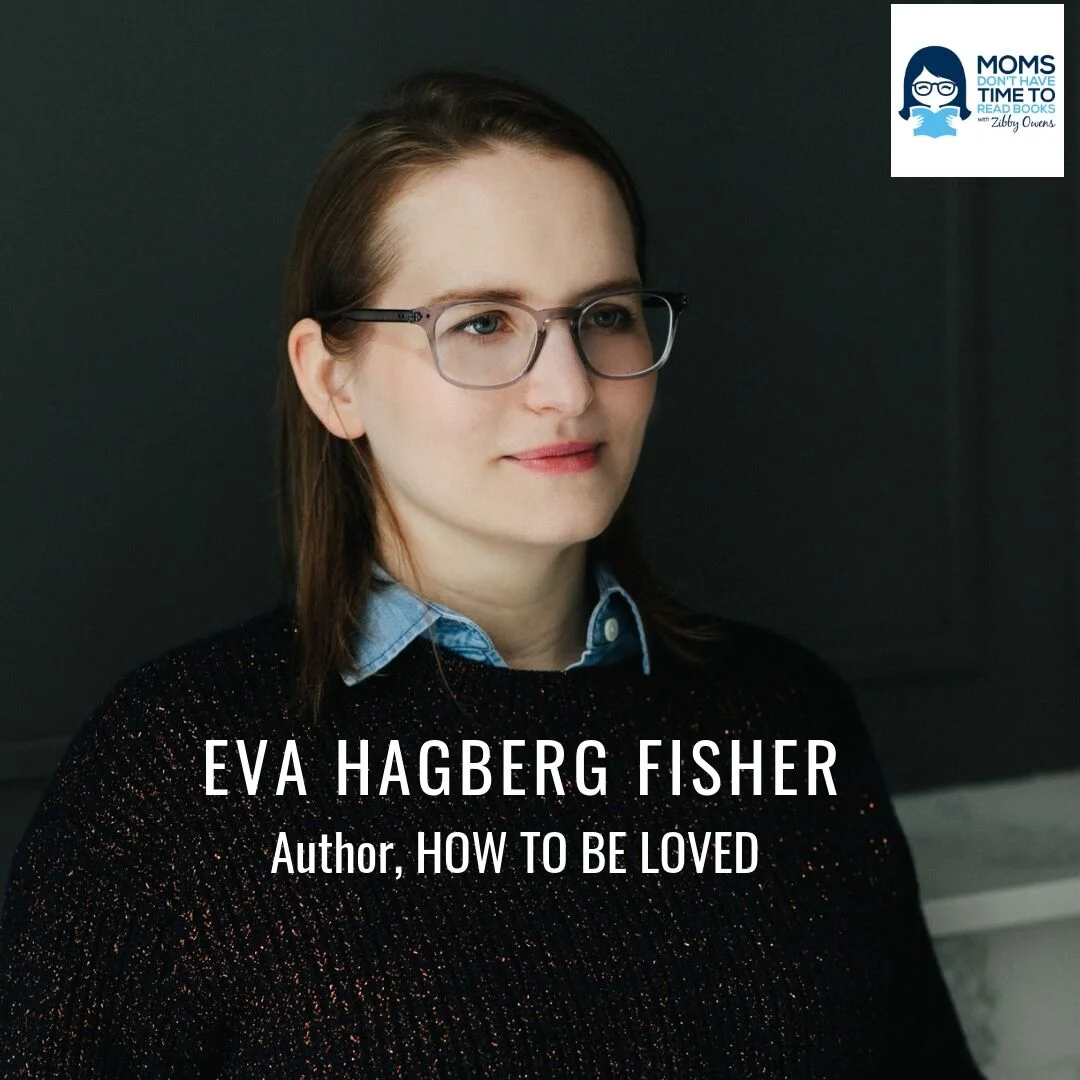Candace: To me [Is There Still Sex in the City?] it’s really about a journey that I had in my fifties. My fifties were not anything like I thought they were going to look. For one thing, I got divorced . I really didn’t want to live in New York all the time anymore. Something was happening in my brain. My brain was changing. I really spent three years pretty much alone. I rode horses. I didn't date. I really just wrote all the time. That actually is a phase of what I would call middle age madness.
Abigail Maslin, LOVE YOU HARD
Abby: I was living a pretty ordinary life. I was thirty years old. I had just turned thirty, woke up on the morning of August 18th, 2012. My husband TC hadn’t come home. That was really unusual. I was married to this incredibly ambitious, focused, very disciplined man. It wasn’t like him to just not come home. I woke up. When our lives are in this moment of absolute transformation our brains do a really good job at putting us in a state of denial about the reality of what was happening. For hours that morning I told myself, it’s unlike him, but he probably went out drinking and slept at a friend’s house. I made up a lot of excuses.
Liz Astrof, DON'T WAIT UP: CONFESSIONS OF A STAY-AT-WORK MOM
Liz: Don't Wait Up is a collection of humor essays. It’s about the fact that I am terrified of being a mother because I inherited the maternal instincts of a hot dog from my own mother, from my biological mother. I am always shocked when I show up for them and when I'm not her, still to this day. I stay at work a lot and try not to come home. I do eventually. I had all these stories I wanted to tell from my childhood. I wrote all these essays. I want to write something that's my own and not TV and that I have control over. I took this class. I started writing. All of the essays started having the same theme no matter what they were about. They were all about being a mother and not really having a mother. That was the arc that I found.
Joanne Ramos, THE FARM
Joanne: If you imagine the most luxurious spa you've ever seen, that's the Farm. It’s got everything. It’s got gourmet meals and private massages, private yoga instruction. It’s all for free for the women who are staying there. In fact, they can get paid big money for spending their nine months there. The only catch is that they can't leave the grounds. Every move is monitored. They're totally cut off from their daily lives because off all these women are surrogates. By contract, they’ve agreed to prioritize the life that's growing inside of them over everything in their own lives. They carry the babies of the richest people in the world.
Richard Kirshenbaum, ROUGE
Richard: Rouge is about the women who created the cosmetic industry, the first multibillion-dollar category founded primarily by women. I have to tell you that I was surprised that there wasn’t really a major novel about the book before. Being an ad man and having run everything from Avon to Revlon, as accounts, and having worked with many, many, many well-known female entrepreneurs, I thought this was the book that I needed to write. It’s really an homage to all the amazing female entrepreneurs who founded this incredible category.
Mary Laura Philpott, I MISS YOU WHEN I BLINK
Mary Laura: I Miss You When I Blink is a memoir told in essays. You could pick it up and put it down at any point, and any single essay would make sense on its own. They're arranged in such a way that if you read it from start to finish in order, there's a narrative arch to how these stories stack up. You see it in beginning, how I became a baby perfectionistic as a child and then quickly how I took those tendencies into adulthood and tried to apply them to real life, as if there's any such thing as getting a right answer to anything in adulthood. You see me trying again and again to get things right, to be the best student, the best worker, the best friend, the best artist, the best parent, everything.
William Dameron, THE LIE
William: A decade prior, I had pretended to be somebody I was not to my wife, to my daughters, and to myself. I was a gay man in a straight marriage. That experience caused me to take a look at what we do when we put on these false identities and become someone we’re not. It forced me to take a look not just at my actions, but how my actions affected everybody else. It’s a book about what we do with all of that pain and lost hope when our supposed truths are unmasked for lies.
Lori Gottlieb, MAYBE YOU SHOULD TALK TO SOMEONE
Lori: I wasn’t originally supposed to be writing this book. I was supposed to be writing a book about happiness. Ironically, the happiness book was making me miserable and depressed. Eventually, I cancelled that book contract. I didn't think I would write another book. I had no idea what I would write. Then one day I started writing about what was going on in my own therapy and what was going on with me as a clinician. I decided to bring people behind the scenes into the therapy room. That is what became Maybe You Should Talk to Someone. We follow the stories of four very different patients as they're going through various struggles in their lives. Then I'm going through an upheaval in my own life. I become the fifth patient. We see me go through my own therapy.
Christina Geist, SORRY, GROWN-UPS, YOU CAN’T GO TO SCHOOL!
Christina: If I were to go back and talk to myself in my twenties, I would tell her to just do exactly what she's doing. Use your twenties to learn. Have your eyes and ears open. Absorb as much as you can. Then for me, my thirties were about starting my family. That was a whole journey in and of itself and self-discovery and awareness. Now my forties have become this renaissance in my career.
Laurie Gelman, YOU'VE BEEN VOLUNTEERED: A CLASS MOM NOVEL
Laurie: Class Mom is about the mother who volunteers in the classroom to help out everybody. My character, Jen Dixon, was a mom very early in her life. She had a crazy ride through Europe following the band INXS. She had two kids by two different band members. Then she finally came back to the United States. She raised her kids. Then she met the man of her dreams and she had another kid. She has girls in college and one starting kindergarten, which is a unique and interesting place to be. She gets roped into being class mom.
Marcy Dermansky, VERY NICE
Marcy: Very Nice is literary soap opera. I wanted to write about a student-teacher affair. I've always been so interested in it. It was material that other people wrote about and I was jealous about. I was like, maybe I could write it anyway even though I haven't had this experience. That's what one of the pleasures of fiction is. You can make things up.
Christopher Cerf, A SKUNK IN MY BUNK!
Chris: Random House got in touch with me a couple years ago and said, “Chris, you've been writing all these Sesame Street songs. You wrote two Beginner Books with your mom at the beginning,” which I did. “Do you think you could write a book in the old Beginner Book style using the original rules?” I said, “I sure would love to try.” That would be bringing things full circle. I tried. I wrote A Skunk in my Bunk! They liked it. It was just published a couple months ago. It happened.
Lauren Mechling, HOW COULD SHE
Lauren: How Could She is about the trouble and heartbreak of female friendship. It’s a friendship triangle about three women who have a past together. They met and came up together in their twenties. The story takes place over the course of one year when the women are a little older than thirty-five. They all find themselves in very different stations in life. They are still enmeshed in each other's lives, but they have a difficult time digesting each other's successes and failures.
Dr. Michael Reichert, HOW TO RAISE A BOY: THE POWER OF CONNECTION TO BUILD GOOD MEN
Michael: What I wanted to do was to be more rigorous about the science of human development and how it applies to male development in particular and to make the connection between the outcomes we’re not happy with, the broken outcomes, and violations of boys’ fundamental human natures. That's really the thrust of the book that I wrote.
Chris Van Dusen, IF I BUILT A CAR, THE CIRCUS SHIP
Lisa Taddeo, THREE WOMEN
Lisa: The two things that I'm the most interested in and the two things that I think drive most of our lives are sex and death. I had a lot of loss in my twenties. I lost my parents, my dog, my aunt, my uncle. Almost all my entire family was decimated. It was a lot of loss. This project started very differently than how it ended. When I started finding people that I really thought were both narratively interesting and relatable on a human level, because I had so much loss, I think that I was drawn to the aloneness that one can feel in desire. I didn't want people to feel alone.
Eva Hagberg Fisher, HOW TO BE LOVED
Eva Hagberg Fisher: It’s actually a critique of capitalism dressed up as a narrative about friendship with a little bit of chronic illness and non-chronic illness to move the plot along. That's one answer. Another answer is that it is a memoir about how three friends in particular saved my life when I needed it to be saved in various and extremely different ways.
Catherine Price, HOW TO BREAK UP WITH YOUR PHONE
Emily Oster, CRIBSHEET
Emily: Cribsheet is about parenting. It’s about using evidence to make parenting choices. It’s about breastfeeding and vaccinations and sleep training and co-sleeping, and all the big things that come up in the first few years of life and also some of the smaller things that come up, and really about looking at what does the evidence say about these choices?
Allison Pataki & Marya Myers, NELLY TAKES NEW YORK
Allison: There's this little girl Nelly who, along with her mischievous little pal, the beagle named Bagel, wakes up one morning in her New York City home. Even though she knows her city and she's a very street-smart little girl, she hears her city being referred to as the Big Apple. She takes that literally. She and Bagel set off to find this big apple.




